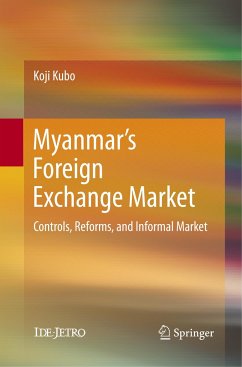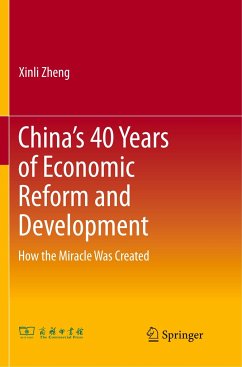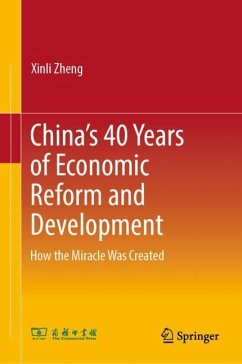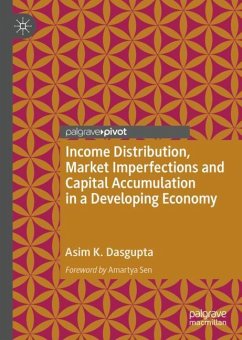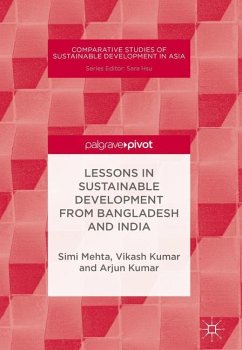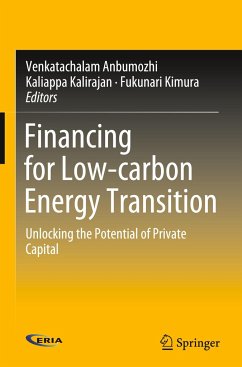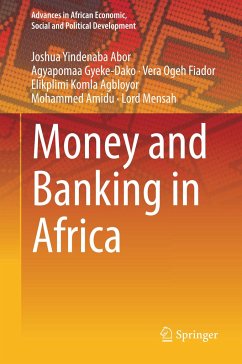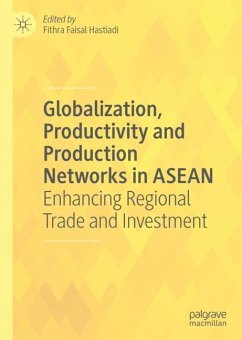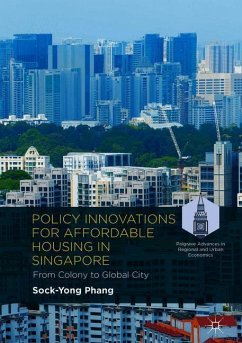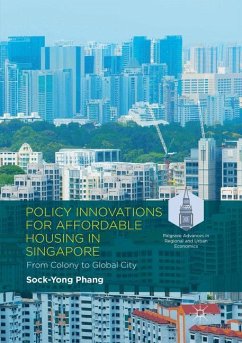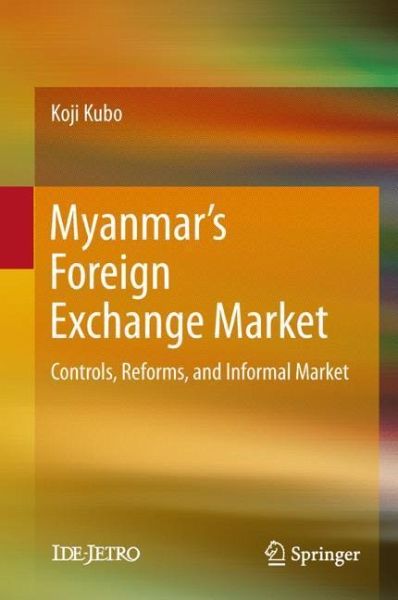
Myanmar's Foreign Exchange Market
Controls, Reforms, and Informal Market
Versandkostenfrei!
Versandfertig in 6-10 Tagen
76,99 €
inkl. MwSt.
Weitere Ausgaben:

PAYBACK Punkte
38 °P sammeln!
This is the first book dedicated to the scrutinization of Myanmar's unofficial foreign exchange market, its roots in restrictive administrative controls on foreign exchange and international trade, and its effects on the country's economic performance. This book integrates vast pieces of records and data with first-hand information from extensive fieldwork to create an overall picture of the chaotic but seemingly efficient foreign exchange market in Myanmar, a transitional economy in Southeast Asia whose economic systems had been less known due to its isolation until recently. This book illust...
This is the first book dedicated to the scrutinization of Myanmar's unofficial foreign exchange market, its roots in restrictive administrative controls on foreign exchange and international trade, and its effects on the country's economic performance. This book integrates vast pieces of records and data with first-hand information from extensive fieldwork to create an overall picture of the chaotic but seemingly efficient foreign exchange market in Myanmar, a transitional economy in Southeast Asia whose economic systems had been less known due to its isolation until recently. This book illustrates how the unofficial foreign exchange market emerged during the country's transition to a market-based economy, how informal currency deals proliferated under restrictive controls, and why they persist despite the significant economic reforms since 2011. Refuting the conventional wisdom of foreign exchange policy reforms, this research clarifies path-dependent features of foreign exchange market systems, and it discusses possible solutions for modernizing economic systems. This book is highly recommended to readers who seek an in-depth analytical narrative about informal economic activities and foreign exchange policy reforms in a fragile state.



